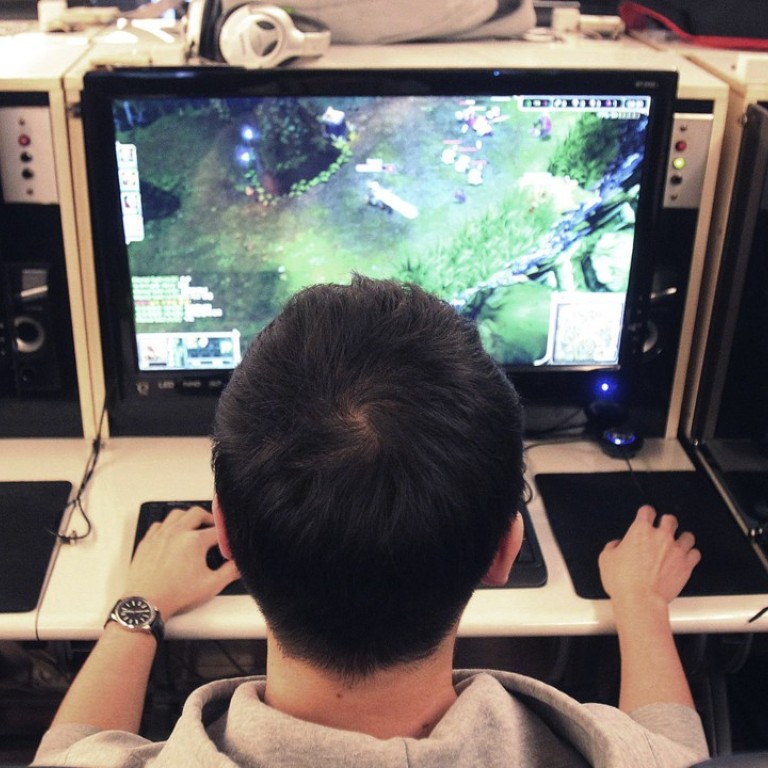
Properly diagnosing gaming addiction will yield better treatment
The World Health Organisation is moving to classify excessive playing as a mental health disorder. Such recognition will make it easier for sufferers to find help and foster standards for the rehabilitation industry
Classifying addiction to video game playing in a similar category to cocaine, as the World Health Organisation aims to, may seem extreme, but the thinking involved makes the decision justified. The draft of the latest edition of the United Nation body’s “bible” of recognised diseases and illnesses refers to the problem as a mental health disorder.
For people worried about the excessive screen time of children, friends and work colleagues, the move could not have come at a more timely moment. The digital and video game industry is booming and the more players who get hooked on its products, the greater the need for help.
Most game players can moderate their screen time. But some put their gaming ahead of family and work. The WHO’s updated International Classification of Diseases, to be presented to member states at the annual World Health Assembly next May for adoption in 2020, describes the problem as “a pattern of persistent or recurrent gaming behaviour” that becomes so extensive that it “takes precedence over other life interests”.

Some parents are only too aware of such signs with their children; homework is neglected and there is no time for proper meals and communication with others.
Such recognition is important to ensure the WHO, governments and health professionals acknowledge the existence of the condition. An estimated 2.6 billion people in the world play video games and the annual revenue of the gaming industry is expected to grow by 31 per cent over the next three years to US$181.1 billion.
Game-makers reject the WHO’s classification as “deeply flawed”, contending their products have educational, recreational and therapeutic value. With so much at stake, the lobbying of governments by both sides ahead of next year’s vote will be intense. But the debate is necessary; addiction exists and for those affected, health, relationships and work suffer to the extent that lives are being ruined.

People looking for help have difficulty finding it due to the lack of official recognition. That has meant mental health experts with general qualifications have been applying therapies used to treat anxiety, depression and alcoholism to gaming addiction, with no assurance of success.
There is also the possibility of quackery and dishonesty, with people claiming to have special abilities setting up clinics and rehabilitation centres that charge exorbitant fees. Conditions have to be put in place to ensure treatment is professional by moving it from the shadows to the mainstream. With time, that will create specialists and targeted treatment, just as has happened over the decades with gambling and drugs.

